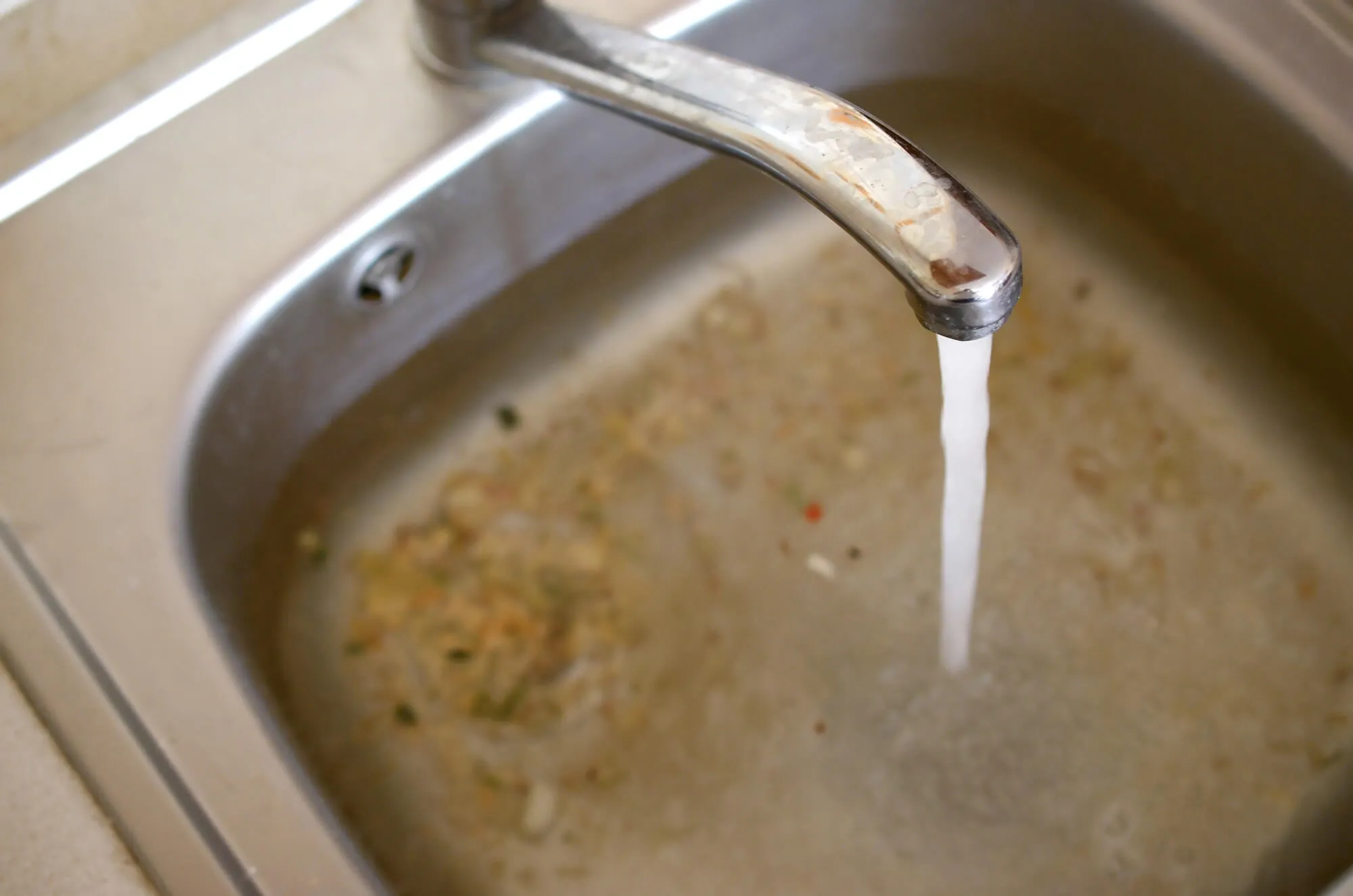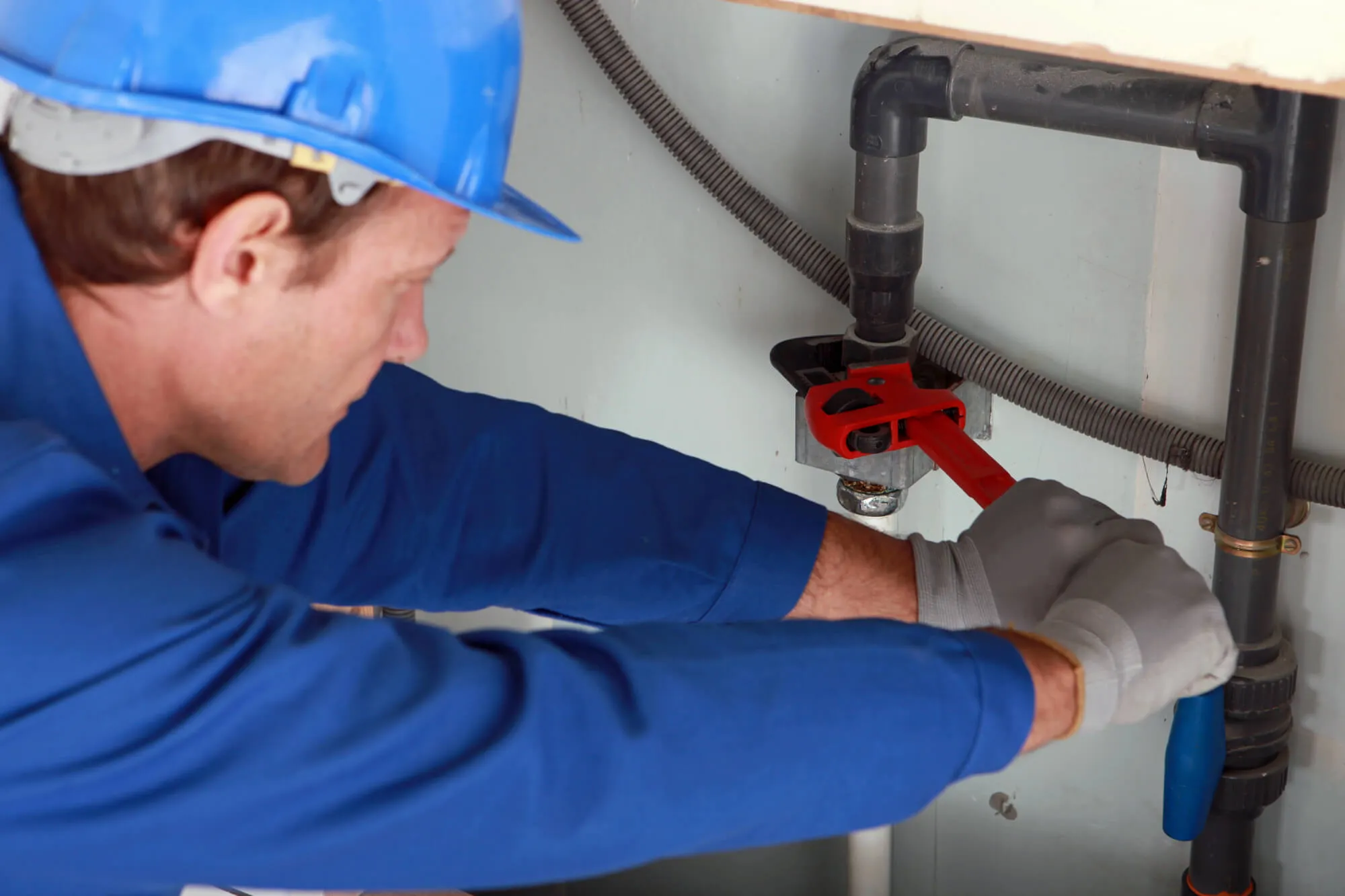Walking down the plumbing aisle at a hardware store can feel overwhelming. Rows of pipes, fittings, and materials all look similar, but choosing the wrong one can make or break your plumbing system. That’s where the value of calling a plumber in Anthem, AZ, comes in.
A professional plumber doesn’t just repair leaks or clear drains—they also know which materials will work best for your home, your water quality, and your budget. Selecting the right material ensures that your plumbing lasts longer, performs safely, and saves you money in the long run.
So, how do plumbers make these choices? Let’s look at the process, the materials they rely on, and why professional expertise matters.

Why Plumbing Material Selection Matters
At first glance, a pipe might just look like a pipe. But in reality, the choice of plumbing materials has a huge impact on how well your system performs and how long it lasts. Every material has its own strengths, limitations, and best-use scenarios. The right decision can mean years of reliable service, while the wrong one can create costly problems down the road.
When plumbers select materials, they’re weighing several factors:
- Durability: Some materials, like copper, can last for decades, while others may degrade faster under certain conditions. Longevity is always a top priority.
- Safety: Materials must be suitable for their purpose. For example, pipes carrying drinking water need to be safe and free from contaminants, while drainpipes can use different materials.
- Cost-effectiveness: The upfront cost of a material doesn’t tell the whole story. Plumbers balance affordability with how much maintenance or replacement the material may need over time.
- Compatibility: Not all pipes and fittings work together. Using incompatible materials can cause corrosion or leaks, and plumbers ensure everything meets building codes and system requirements.
Choosing incorrectly can result in leaks, water pressure problems, contamination, or even structural damage from water intrusion. That’s why material selection isn’t something to take lightly—it’s a specialized skill that sets professional plumbers apart. Plumbers protect your home and your peace of mind by considering performance, safety, and long-term value.
Common Plumbing Materials and Their Uses
Copper Pipes
Copper has been a trusted plumbing material for decades. It’s strong, durable, and resistant to corrosion, making it ideal for water supply lines. Copper also handles heat well, which means it can carry both hot and cold water without issue.
The downside? Copper is more expensive than other materials, and installation takes more time. Still, many plumbers recommend copper when homeowners want a long-lasting solution that adds value to their home.
PEX (Cross-linked Polyethylene)
PEX is one of the most popular modern options. It’s flexible, affordable, and quick to install. Plumbers love PEX because it can bend around corners, reducing the need for extra fittings. This makes it perfect for remodels or situations where running rigid pipe would be difficult.
However, PEX isn’t always the right choice for outdoor plumbing, since it can degrade under UV light. That’s why plumbers weigh where it will be installed before recommending it.
PVC (Polyvinyl Chloride)
PVC is lightweight, inexpensive, and easy to work with. It’s commonly used for drain, waste, and vent pipes. Its durability makes it a go-to material for many non-pressurized systems.
That said, most building codes don’t approve PVC for hot water lines. Professional plumbers know where PVC can and cannot be used legally and safely—knowledge a homeowner might miss if attempting a DIY project.
CPVC (Chlorinated Polyvinyl Chloride)
CPVC is similar to PVC but with one big advantage: it can handle hot water. Many plumbers use CPVC as a lower-cost alternative to copper in supply lines. It’s durable, safe for drinking water, and widely accepted in building codes.
One drawback is that CPVC can become brittle over time, especially in extreme temperatures. Plumbers account for this when deciding where and how to use it.
Galvanized Steel
Galvanized pipes were widely used in homes built before the 1960s. Over time, however, they corrode and restrict water flow. That’s why most modern plumbers avoid using galvanized steel for new installations.
If a plumber finds galvanized pipes in an older home, they’ll often recommend replacing them with PEX or copper to restore proper water pressure and improve water quality.
Cast Iron
Cast iron is incredibly durable and quiet, making it ideal for sewer and drainage lines in multi-story buildings. However, its heavyweight makes it more challenging to install. While not as common in residential homes today, cast iron is still a material many plumbers use in commercial applications where noise reduction and strength are priorities.

How Plumbers Decide Which Material to Use
Plumbers don’t just grab whatever pipe is on the shelf. Every decision is carefully weighed because the right material can make the difference between a system that works smoothly for decades and one that fails prematurely. Their choices are guided by several important factors.
Water Quality and Pressure
In regions with hard water, minerals can build up inside pipes and reduce flow. Materials like PEX are more resistant to this scaling, making them a smart choice. On the other hand, homes with higher water pressure benefit from sturdier options like copper, which can withstand the force without cracking or leaking.
Location in the Home
Different parts of a plumbing system have different needs. Hot water supply lines may require copper or CPVC, while drainpipes are often PVC. For remodels or tight spaces, plumbers often use PEX for its flexibility. Outdoors, durability against weather becomes a factor as well.
Building Codes and Regulations
Local codes exist to protect homeowners and ensure safety. For instance, many areas may not approve PVC for hot water use. Licensed plumbers understand these regulations and make sure all materials meet legal and safety standards—something that’s easy to overlook in DIY projects.
Budget and Longevity
Some homeowners want the most affordable option now, while others are willing to invest for longer-term performance. A plumber weighs both, recommending materials that provide the best balance between cost and durability. This thoughtful approach saves money and stress in the long run.
When it comes to choosing plumbing materials, experience makes all the difference. What looks simple on the surface is a decision that requires technical knowledge, safety awareness, and familiarity with building codes. This is where hiring a professional plumber matters most.
Material Knowledge That Homeowners May Lack
Walking through a hardware store without plumbing experience can be confusing. CPVC and PVC, for example, may appear nearly identical, but one can safely carry hot water while the other cannot. Similarly, mixing different metals without the right fittings can cause corrosion. A professional plumber knows which materials work together and should never be combined, ensuring safe and reliable results.
Avoiding Costly Mistakes
What seems like a quick DIY project can turn into a major issue if the wrong materials are used. Incorrect pipes or connectors may lead to leaks, water damage, or even contamination of drinking water. These problems often cost far more to fix than hiring a plumber from the start. By selecting the correct materials the first time, plumbers save homeowners both time and money.
DIY vs. Professional Approach
While online tutorials make plumbing look simple, they often overlook critical details like water quality, pressure, or code compliance. A professional plumber evaluates the entire system before making material choices, ensuring long-term performance and safety. This thorough approach not only prevents failures but also protects the overall value of your home.
Common Mistakes Homeowners Make with Plumbing Materials
Even the most enthusiastic DIYer can run into serious problems when selecting plumbing materials. What seems like a small decision—grabbing a pipe or fitting off the shelf—can create major issues if it’s not the right match for the system. Plumbers frequently see the same mistakes repeated in homes.
- Mixing metals: Connecting copper pipes directly to galvanized steel without using the proper fittings leads to galvanic corrosion. Over time, this reaction causes leaks and weakens the system.
- Using PVC for hot water: While PVC is great for drain and vent lines, it cannot withstand high heat. When used for hot water, it can warp, crack, or fail entirely.
- Choosing based on price alone: Budget-friendly options can seem appealing, but cheaper pipes may have a shorter lifespan or require frequent replacement. In the long run, they can cost more in repairs.
- Improper installation: Even the right material won’t perform well if it isn’t installed correctly. Poorly sealed joints or the wrong connectors often lead to leaks.
These mistakes show why relying on a plumber’s expertise is the safer and more cost-effective approach. Professionals ensure materials are both suitable and installed properly, protecting your home and your budget.
The Role of Maintenance in Material Longevity
Even the best materials won’t last forever without proper care. Plumbers often recommend:
- Regular inspections to catch early signs of wear or corrosion.
- Drain cleaning to prevent buildup that weakens pipes.
- Water softeners in areas with hard water to reduce scaling inside pipes.
By combining the right materials with routine maintenance, plumbers help homeowners enjoy strong, reliable plumbing systems for decades.

Looking for a Reliable Plumber in Anthem, AZ?
The next time you’re staring at a wall of pipes in the hardware store, remember: choosing the right material isn’t just about grabbing what’s cheapest or most convenient. It’s about safety, durability, and long-term performance. A professional plumber brings the knowledge and experience to make those choices confidently, saving you from costly mistakes and keeping your home’s plumbing in excellent shape.
At Local Leaders Plumbing, we don’t just fix leaks; we build plumbing systems that last. Our team understands which materials will perform best in your home and why. Whether you need a repair, an upgrade, or advice on keeping your system strong, we’re here to help. Schedule your service with Local Leaders Plumbing today and let us put our expertise to work for your home.


